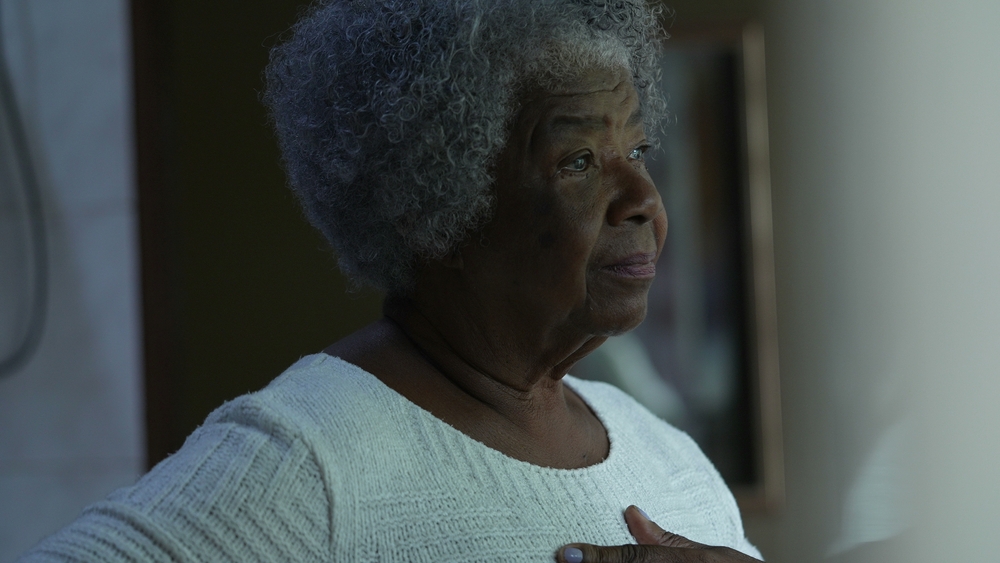Brain Exercises for Seniors and Older Adults
Category:

There is no denying that our memory fades with age. It may be more difficult than it used to be to remember someone’s name, or you may find yourself struggling to come up with a word you know you use every day. While this is a natural part of aging, it is also extremely frustrating. Luckily, there are many brain exercises for memory that can help you stay sharper longer and perhaps even stave off Alzheimer’s and dementia.
Brain Exercises for Seniors
Just like any other muscle in the body, like your biceps and shoulders when you do lots of pushups, the brain stays stronger and functions better when it is used regularly. American Orthopedics notes, “Those people who perform regular, targeted brain exercises keep their brains sharp and healthy, which reduces cognitive decline and memory impairment.” Brain exercise can also improve creative ability, and help you think on your feet.
How to Exercise Your Brain
Do a quick Google search, and you will find tons of apps and websites that promise to improve your memory by just playing a few simple games on your phone. While these online games do have some value, the best brain exercises for older adults involve real-world activities. Some of these activities include:
-
Drive to work or back home using different routes. This stimulates the brain and keeps you from growing bored.
-
Do crossword puzzles. Any type of word puzzle, including a game like Scrabble, can help stimulate the brain.
-
Play chess. Strategy games are great for keeping the brain active.
-
Try something new. This sounds super cliche, but learning a language, learning a new instrument, or even trying a new recipe engages the brain and keeps it active.
-
Do chores and other routine tasks with your eyes closed. This will force you to engage different neural pathways – though maybe don’t try this one while you are washing dishes. This follows the same principle as doing a task with your non-dominant hand. For example, if you are right-handed, try brushing your teeth tonight with your left hand. It might feel like you’ve never brushed your teeth before, but it will occupy different sections of your brain and force you to concentrate.
Along with those listed above, there are many other exercises for the brain and memory, including those apps I mentioned earlier. Some of those apps include puzzle games like crosswords, Mahjong, and Sudoku to help keep your mind sharp and active.
Download a Free Guide to Alzheimer’s Disease
What About Alzheimer’s and Dementia?
While it is generally accepted by medical professionals that brain training may help slow memory loss, the jury is still out on whether brain exercises can prevent diseases like Alzheimer’s and dementia. WebMD tells us, “One study found that exercising the mind delayed declines in thinking skills. After people started having Alzheimer’s symptoms, though, mental decline sped up in those who kept their minds engaged. It’s possible that being mentally active bolstered the brain at first, so symptoms didn’t show up until later.” So while no amount of brain training exercise can necessarily prevent dementia, it can lessen the amount of time spent in a state of decline.
There is no reason to not do brain exercises to improve memory, even if you aren’t a senior citizen quite yet. Ultimately, you just need to remember the use it or lose it rule. The more you use your brain and work your memory, the longer it can last.
Subscribe
Date: 2020-11-03
Category:


